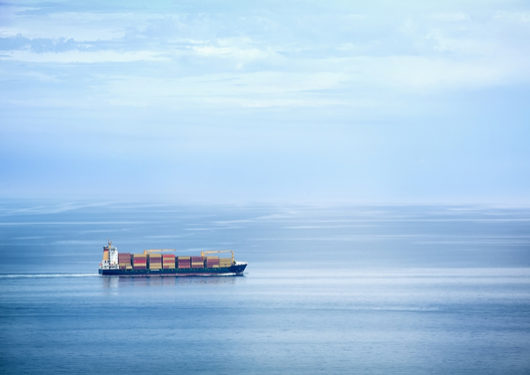
Visit Our Sponsors |
|
|
|
|
|
|
|
|
|
|
|
|
|
|
|
|
|
|
|
|
|
|
|
|
|
|
|
|
|
|
|
|
|
|
|
|
|
|

If the slowdown does happen — and the likes of Citigroup Inc. say it will — then the wider consequences would be profound for both the shipping industry and its customers, given that about 90 percent of world trade moves by sea. The cause of this deceleration? A rule to combat the merchant fleet’s emissions of sulfur oxides starting in January 2020.
While such a slowdown might shave billions of dollars off shipowners’ single largest expense — fuel — it would also effectively limit the number of available vessels, risking an upward spiral in freight costs.
“It’s going to impact all of shipping: containers, tankers and in particular dry-bulk,” said John Kartsonas, New York-based managing partner at Breakwave Advisors LLC, which runs an exchange-traded fund for dry-bulk shipping. “You will have shipowners instructing their captains to slow down, and if everybody does, global supply will come down significantly.”
Forward Freight
Over the past year, derivatives to bet on, or hedge, shipping rates in 2020 surged by 44 percent for giant Capesize ships that haul hundreds of thousands of tons of iron ore and coal, according to data from the Baltic Exchange Ltd. in London. The 2020 contracts, called forward freight agreements, were near $19,000 a day on Thursday, close to the highest since that specific contract began trading. Across every class of commodity shipping, FFAs for 2020 are trading much higher than they were a year ago.
RELATED CONTENT
RELATED VIDEOS
Timely, incisive articles delivered directly to your inbox.

